Solar hot water tanks are an essential component of solar water heating systems. These systems use the sun’s energy to heat water, providing a sustainable and cost-effective alternative to traditional heating methods. This article aims to provide a comprehensive overview of solar hot water tanks, exploring their design, working principle, benefits, and key considerations for installation. By understanding the advantages and considerations associated with solar hot water tanks, readers will gain insights into this green technology and its potential for widespread adoption in residential and commercial settings. 1. Design and Components of Solar Hot Water Tanks: Solar hot water tanks typically consist of an insulated storage tank that holds heated water, along with various components that facilitate the heating process. These components can include solar collectors, circulating pumps, heat exchangers, temperature sensors, and control systems. The design and size of the tank will vary depending on the desired capacity and usage needs.
solar water
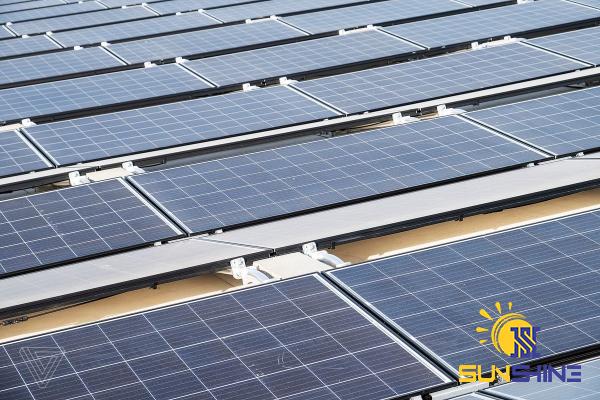 2. Working Principle of Solar Hot Water Tanks: Solar hot water tanks utilize the sun’s energy through solar collectors, which absorb and convert sunlight into heat. When sunlight strikes the collectors, the absorbed heat is transferred to a heat transfer fluid (often a mixture of water and glycol) circulating within the collectors. This heated fluid then transfers the thermal energy to the water stored in the tank through a heat exchanger. The heated water is then readily available for domestic or commercial purposes. 3. Benefits of Solar Hot Water Tanks: a. Energy Savings: Solar hot water tanks significantly reduce the reliance on traditional heating sources, resulting in substantial energy savings. By harnessing the sun’s abundant and renewable energy, these systems offer a sustainable solution, reducing utility bills and the carbon footprint. b. Cost-effectiveness: Despite the initial investment required for installation, solar hot water tanks offer significant long-term cost savings. The savings in energy bills provide a return on investment over time, making it an economically attractive option for homeowners and businesses. c. Environmental Impact: Solar hot water tanks offer a sustainable and eco-friendly alternative to fossil fuel-based heating systems. By reducing reliance on carbon-intensive energy sources, these systems contribute to a greener future and help combat climate change.
2. Working Principle of Solar Hot Water Tanks: Solar hot water tanks utilize the sun’s energy through solar collectors, which absorb and convert sunlight into heat. When sunlight strikes the collectors, the absorbed heat is transferred to a heat transfer fluid (often a mixture of water and glycol) circulating within the collectors. This heated fluid then transfers the thermal energy to the water stored in the tank through a heat exchanger. The heated water is then readily available for domestic or commercial purposes. 3. Benefits of Solar Hot Water Tanks: a. Energy Savings: Solar hot water tanks significantly reduce the reliance on traditional heating sources, resulting in substantial energy savings. By harnessing the sun’s abundant and renewable energy, these systems offer a sustainable solution, reducing utility bills and the carbon footprint. b. Cost-effectiveness: Despite the initial investment required for installation, solar hot water tanks offer significant long-term cost savings. The savings in energy bills provide a return on investment over time, making it an economically attractive option for homeowners and businesses. c. Environmental Impact: Solar hot water tanks offer a sustainable and eco-friendly alternative to fossil fuel-based heating systems. By reducing reliance on carbon-intensive energy sources, these systems contribute to a greener future and help combat climate change.
Specifications of solar water
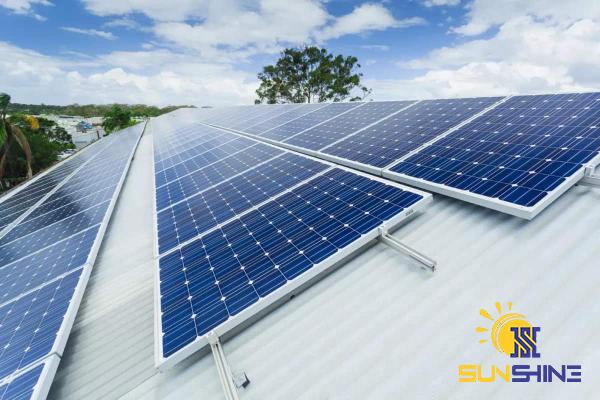 d. Energy Independence: Solar hot water tanks provide users with energy independence by reducing dependence on the grid for heating water. This autonomy ensures a reliable and continuous supply of hot water, even during power outages or energy shortages. e. Durability and Maintenance: Well-designed solar hot water tanks require minimal maintenance, with durable components lasting for decades. Regular inspections and simple maintenance tasks, such as checking for leaks, are generally sufficient to ensure optimal performance. 4. Key Considerations for Installation: a. Solar Resource: The efficiency of solar hot water tanks depends on the availability of adequate sunlight. An assessment of the site’s solar resource is essential to determine the viability of a solar water heating system. b. Size and Capacity: The size and capacity of the solar hot water tank should be carefully calculated based on the household or commercial water demands. Factors such as the number of occupants, daily water usage, and desired hot water temperatures should be considered to determine the appropriate size.
d. Energy Independence: Solar hot water tanks provide users with energy independence by reducing dependence on the grid for heating water. This autonomy ensures a reliable and continuous supply of hot water, even during power outages or energy shortages. e. Durability and Maintenance: Well-designed solar hot water tanks require minimal maintenance, with durable components lasting for decades. Regular inspections and simple maintenance tasks, such as checking for leaks, are generally sufficient to ensure optimal performance. 4. Key Considerations for Installation: a. Solar Resource: The efficiency of solar hot water tanks depends on the availability of adequate sunlight. An assessment of the site’s solar resource is essential to determine the viability of a solar water heating system. b. Size and Capacity: The size and capacity of the solar hot water tank should be carefully calculated based on the household or commercial water demands. Factors such as the number of occupants, daily water usage, and desired hot water temperatures should be considered to determine the appropriate size.
buy solar water
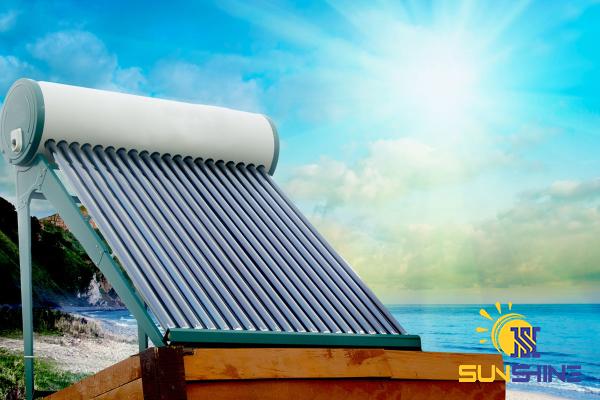 c. Location and Orientation: Solar collectors should be properly positioned to maximize solar exposure throughout the day. Rooftop installations are common, but ground-mounted options may also be viable depending on available space and building orientation. d. Backup System: In regions where solar radiation is inconsistent or during periods of high demand, it is advisable to integrate a backup heating system, such as an electric or gas-powered heater, into the solar water heating system. e. Installation and Maintenance Costs: While solar hot water tanks offer long-term cost savings, it is important to consider the initial installation costs, including the tank, collectors, piping, and control system. Additionally, budgeting for regular maintenance and occasional repairs should also be factored in. Conclusion: Solar hot water tanks play a crucial role in harnessing the sun’s energy to provide sustainable hot water solutions. By utilizing renewable resources, these systems offer significant advantages such as energy savings, cost-effectiveness, environmental impact reduction, and energy independence. Installation considerations, including solar resource availability, size and capacity, location, and backup systems, ensure optimal performance and efficiency. With ongoing advancements in technology and greater awareness of the benefits, solar hot water tanks have the potential to become a mainstream solution for environmentally conscious individuals and businesses seeking sustainable water heating options.
c. Location and Orientation: Solar collectors should be properly positioned to maximize solar exposure throughout the day. Rooftop installations are common, but ground-mounted options may also be viable depending on available space and building orientation. d. Backup System: In regions where solar radiation is inconsistent or during periods of high demand, it is advisable to integrate a backup heating system, such as an electric or gas-powered heater, into the solar water heating system. e. Installation and Maintenance Costs: While solar hot water tanks offer long-term cost savings, it is important to consider the initial installation costs, including the tank, collectors, piping, and control system. Additionally, budgeting for regular maintenance and occasional repairs should also be factored in. Conclusion: Solar hot water tanks play a crucial role in harnessing the sun’s energy to provide sustainable hot water solutions. By utilizing renewable resources, these systems offer significant advantages such as energy savings, cost-effectiveness, environmental impact reduction, and energy independence. Installation considerations, including solar resource availability, size and capacity, location, and backup systems, ensure optimal performance and efficiency. With ongoing advancements in technology and greater awareness of the benefits, solar hot water tanks have the potential to become a mainstream solution for environmentally conscious individuals and businesses seeking sustainable water heating options.
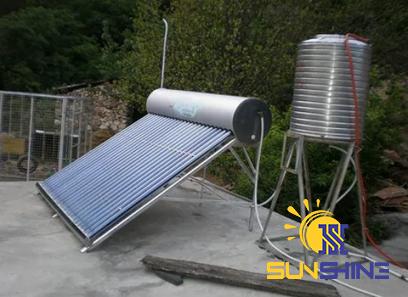
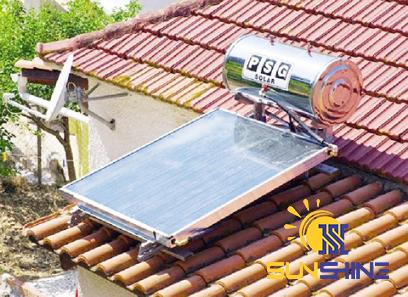
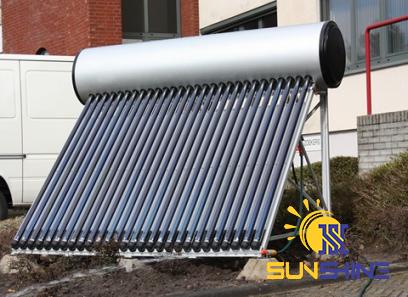
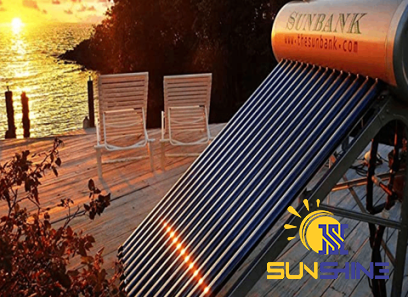
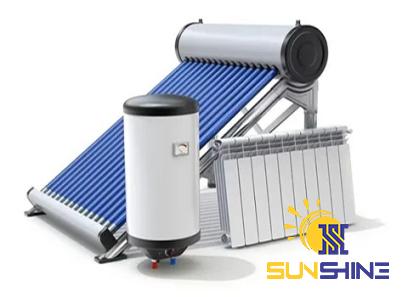

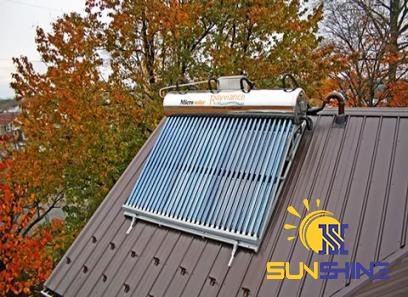
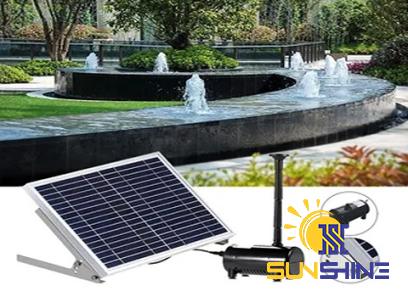
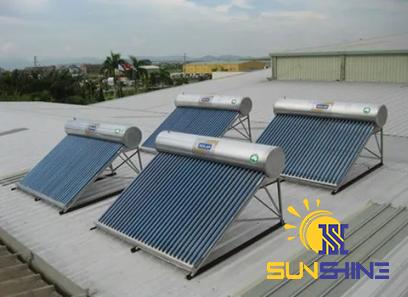
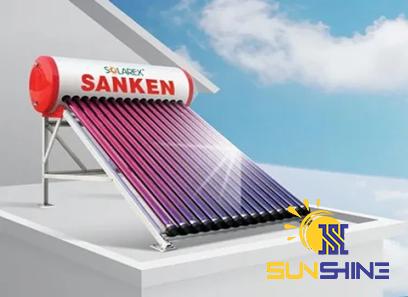
Your comment submitted.